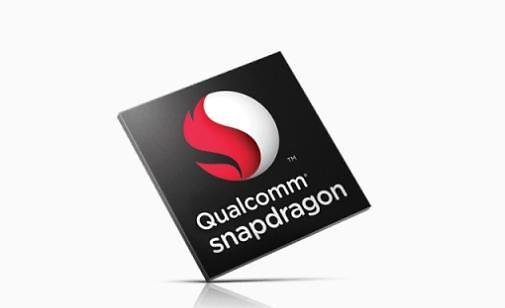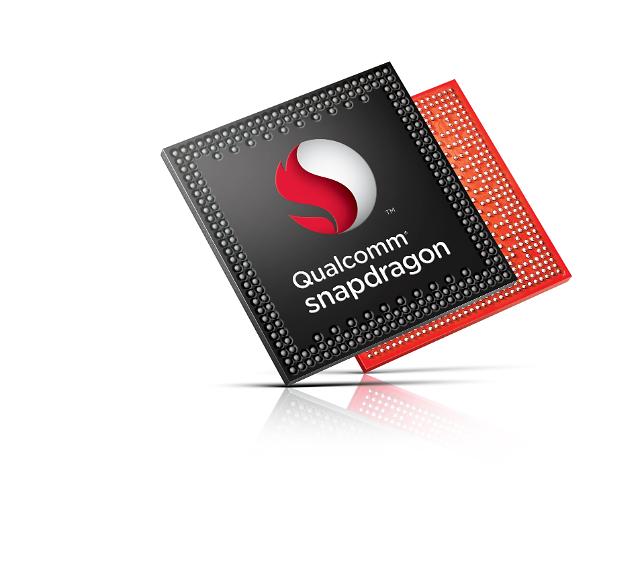
[Courtesy of Qualcomm]
US mobile phone chipmaker Qualcomm Inc. was slapped Wednesday with a record fine of 853 million US dollars for abusing its dominant position in South Korea's mobile communications market, anti-trust regulators said.
The fine followed a two-year-long hearing, attended by global chipmakers and handset manufacturers including Intel Corp. and Samsung Electronics.
The Fair Trade Commission (FTC) accused the San Diego-based company and its two affiliates of breaching a competition act by refusing to offer licenses to chipset makers and demanding high fees for patents used by smartphone makers.
In a statement released through its lawyer, Qualcomm rejected the FTC's decision as improper saying it was not based on "logic and evidence."
Along with a fine of 1.03 trillion won ($853.1 million), the highest ever in South Kora's history, the watchdog issued a comprehensive and far-reaching order, demanding Qualcomm take corrective measures. The FTC levied a fine of 260 billion won in 2009.
For similar reasons, Qualcomm has been punished or investigated in in other countries including the United States, Europe, Japan, China and Taiwan. The FTC's decision, however, was more painful as South Korea accounts for 20 percent of Qualcomm's total chipset sales and license royalties estimated at $25.1 billion last year.
The watchdog said Qualcomm was found guilty of wielding its monopolistic control in the patent license and modem chipset areas as well as high influences in the mobile phone market.
The US company has been a long-time partner for South Korean tech firms, holding a majority share of standard essential patent rights in the fields of code division multiple access (CDMA) and long-term evolution (LTE), which are standards for wireless communication for mobile phones and data terminals.
The FTC said Qualcomm refused to offer its patent rights to chipset makers and forced them to sign an unfavorable contract that demands they report business information to Qualcomm.
The company was accused of failing to provide Qualcomm-chartered chipsets to mobile phone makers when they refused to comply with Qualcomm's license policy, and of asking manufacturers to share their patent rights for free.




